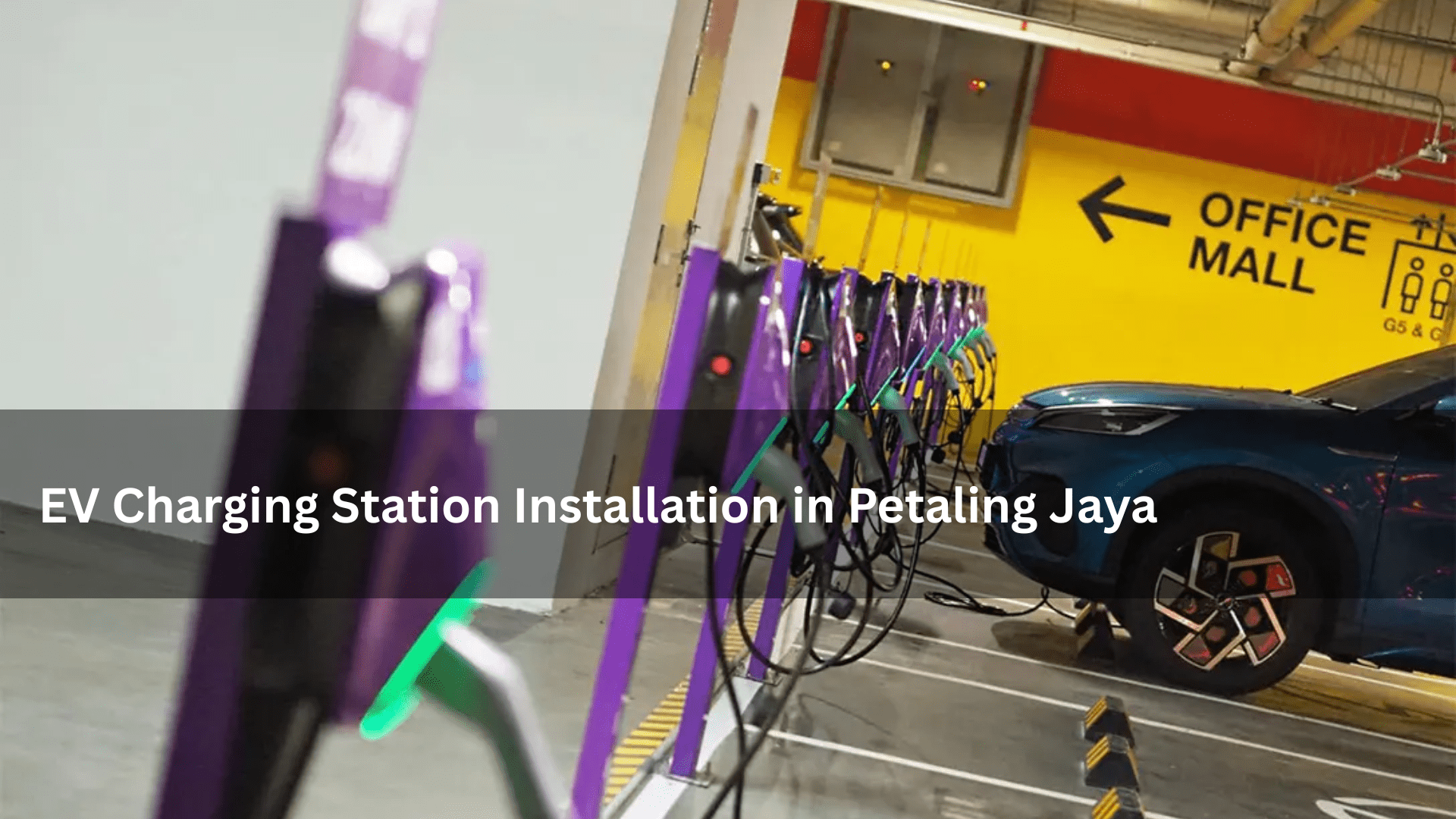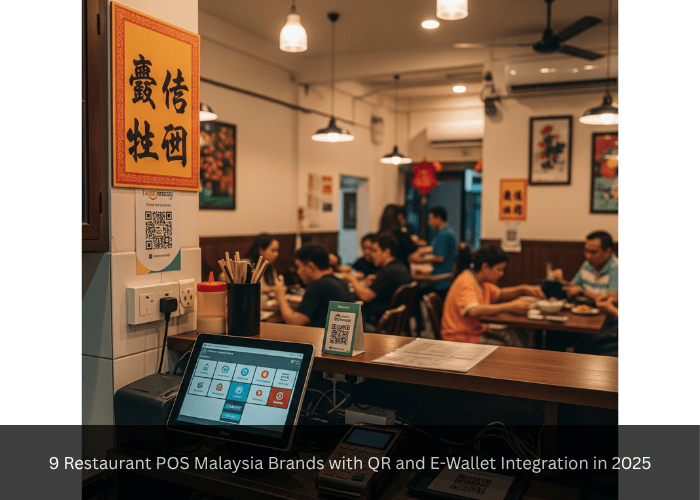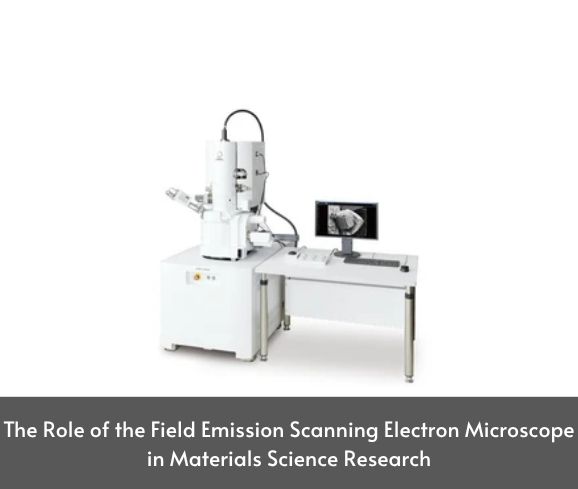The Role of Automotive Test Solutions Malaysia in Regulatory Compliance
Automotive compliance is a multi-faceted process. It involves testing and certifying vehicles and components against stringent regulations concerning safety, emissions, noise, performance, and more. In Malaysia, the Road Transport Department (JPJ), the Department of Environment (DOE), and the Standards and Industrial Research Institute of Malaysia (SIRIM) are among the primary regulatory bodies overseeing these certifications.
Automotive Test Solutions Malaysia enable vehicle manufacturers to ensure that their products meet all the specifications required before receiving approvals for road use. Whether it’s crashworthiness, CO₂ emissions, brake performance, or headlamp brightness, these solutions provide the data and validation necessary for certification.
Automotive Test Solutions Malaysia and Global Homologation Requirements
As Malaysia seeks to strengthen its role in the global automotive supply chain, the ability to comply with international standards such as UN ECE, ISO, and ASEAN NCAP becomes a key advantage. Homologation—formal approval for vehicles or parts to be used on roads—is a stringent process that involves multiple levels of testing.
Automotive Test Solutions Malaysia are designed to support these global homologation requirements. Facilities in Malaysia are now capable of conducting full vehicle tests that comply with European Union regulations, U.S. Federal Motor Vehicle Safety Standards (FMVSS), and other international benchmarks. This allows local manufacturers to confidently export their vehicles while ensuring foreign automakers can seamlessly certify their models for the Malaysian market.
Ensuring Safety Through Automotive Test Solutions Malaysia
Vehicle safety is one of the most heavily regulated aspects of automotive compliance. Everything from seatbelts and airbags to crash impact zones and rollover resistance must be rigorously tested. Automotive Test Solutions Malaysia offer a wide range of safety evaluation tools such as crash test dummies, high-speed cameras, and dynamic crash sleds.
These advanced tools simulate real-world accident conditions and provide insights into vehicle performance during collisions. The data generated helps manufacturers redesign weak areas, improve occupant protection, and align with safety regulations before certification. This comprehensive testing process significantly reduces risks for end-users and enhances trust in Malaysian automotive products.
Automotive Test Solutions Malaysia for Emissions and Environmental Compliance
Environmental compliance is another area where testing is not only essential but constantly evolving. Malaysia has adopted stringent emissions standards—moving toward Euro 5 and Euro 6 compliance—to reduce air pollution and combat climate change. For internal combustion engine (ICE) vehicles, emissions testing includes measuring nitrogen oxides (NOx), carbon monoxide (CO), and particulate matter under different driving conditions.
Automotive Test Solutions Malaysia are equipped with chassis dynamometers, portable emissions measurement systems (PEMS), and climate-controlled testing chambers to perform these evaluations. These facilities ensure that every certified vehicle meets the legally permissible emission limits. For electric and hybrid vehicles, testing focuses on battery emissions, range, and energy efficiency, helping to maintain high environmental standards in line with global best practices.
Automotive Test Solutions Malaysia and Noise, Vibration, Harshness (NVH) Testing
Vehicle comfort and community noise levels are also regulated in many markets. NVH testing evaluates how much noise and vibration a vehicle produces under various driving conditions. Excessive noise can lead to vehicle rejection during certification.
Automotive Test Solutions Malaysia provide semi-anechoic chambers, road simulators, and sound intensity meters to measure NVH characteristics accurately. These tools allow engineers to fine-tune engine mounts, insulation materials, and suspension systems to ensure that the vehicle complies with Malaysia’s Department of Environment (DOE) noise pollution limits and those of international markets.
Electromagnetic Compatibility Testing with Automotive Test Solutions Malaysia
Modern vehicles are loaded with electronic components—ECUs, sensors, infotainment systems, and communication modules. All these must function harmoniously without causing electromagnetic interference (EMI) or being vulnerable to it. Electromagnetic compatibility (EMC) is a mandatory compliance area in both national and international certifications.
Automotive Test Solutions Malaysia include shielded chambers, EMI receivers, and signal generators to assess EMC performance. These tests ensure that a vehicle’s electronics will not interfere with each other or with external systems, such as mobile networks and medical devices. EMC testing is especially crucial in EVs and hybrids, where high-voltage systems can introduce additional interference.
Streamlining the Certification Process with Automotive Test Solutions Malaysia
Vehicle certification is a time-intensive and costly process. Delays in testing or failure in compliance can derail launch timelines and inflate production costs. By using advanced Automotive Test Solutions Malaysia, manufacturers can streamline this process through faster data acquisition, simulation tools, and real-time analytics.
Digital twin technology, for instance, allows manufacturers to simulate vehicle performance and compliance before physical prototypes are built. Malaysian test centers that integrate such technologies significantly reduce the number of testing iterations needed, allowing quicker turnaround times for certification.
Government Support and Infrastructure Growth for Automotive Test Solutions Malaysia
Recognizing the strategic importance of testing and certification, the Malaysian government has implemented various policies to support the growth of local test centers. Under the National Automotive Policy (NAP) and initiatives such as the Automotive Hi-Tech Valley (AHTV), resources are being funneled into the development of state-of-the-art testing infrastructure.
This includes the construction of proving grounds, safety labs, emissions centers, and smart mobility testing environments. These investments empower Automotive Test Solutions Malaysia to match international capabilities and provide local manufacturers with world-class facilities close to home.
Challenges Facing Automotive Test Solutions Malaysia
While progress is notable, challenges remain. Keeping up with rapidly changing global standards requires continuous investment in equipment, software, and human capital. Additionally, testing for emerging areas such as cybersecurity, autonomous driving, and V2X (Vehicle-to-Everything) communication is still limited in Malaysia.
To overcome these gaps, Malaysia must foster greater collaboration between academia, government, and industry stakeholders. Expanding talent development programs and incentivizing technology transfers can help future-proof Automotive Test Solutions Malaysia and ensure they remain competitive on a global scale.
Conclusion: Automotive Test Solutions Malaysia as a Pillar of Compliance and Quality
Compliance and certification are not mere bureaucratic hurdles—they are essential pillars that uphold safety, environmental integrity, and consumer trust in the automotive industry. Automotive Test Solutions Malaysia ensure that every car, whether produced locally or imported, meets rigorous standards that protect lives and the environment.
By investing in advanced testing technologies and aligning with international protocols, Malaysia is building a robust certification ecosystem. As vehicles become more intelligent, connected, and electrified, the role of these testing solutions will only become more critical. In the journey toward global automotive leadership, Malaysia’s commitment to quality, safety, and compliance will continue to rely on its ever-evolving testing landscape.








